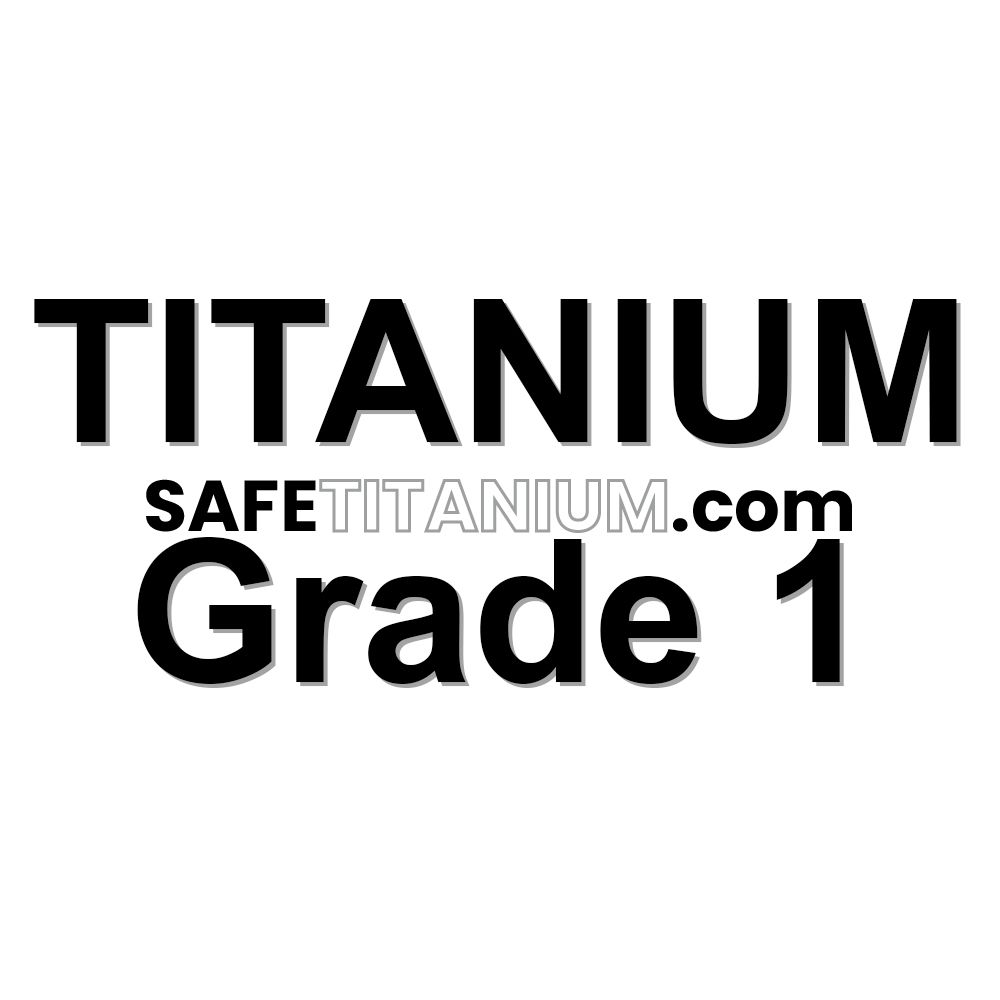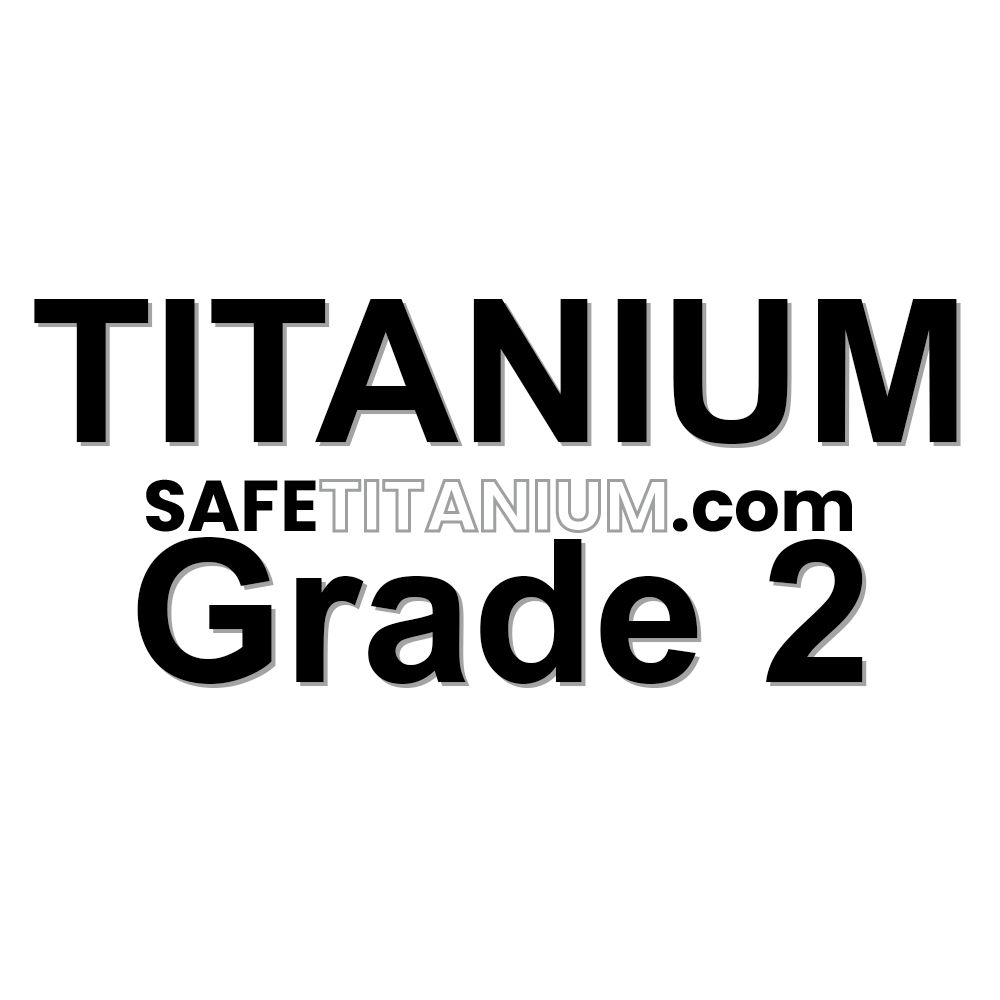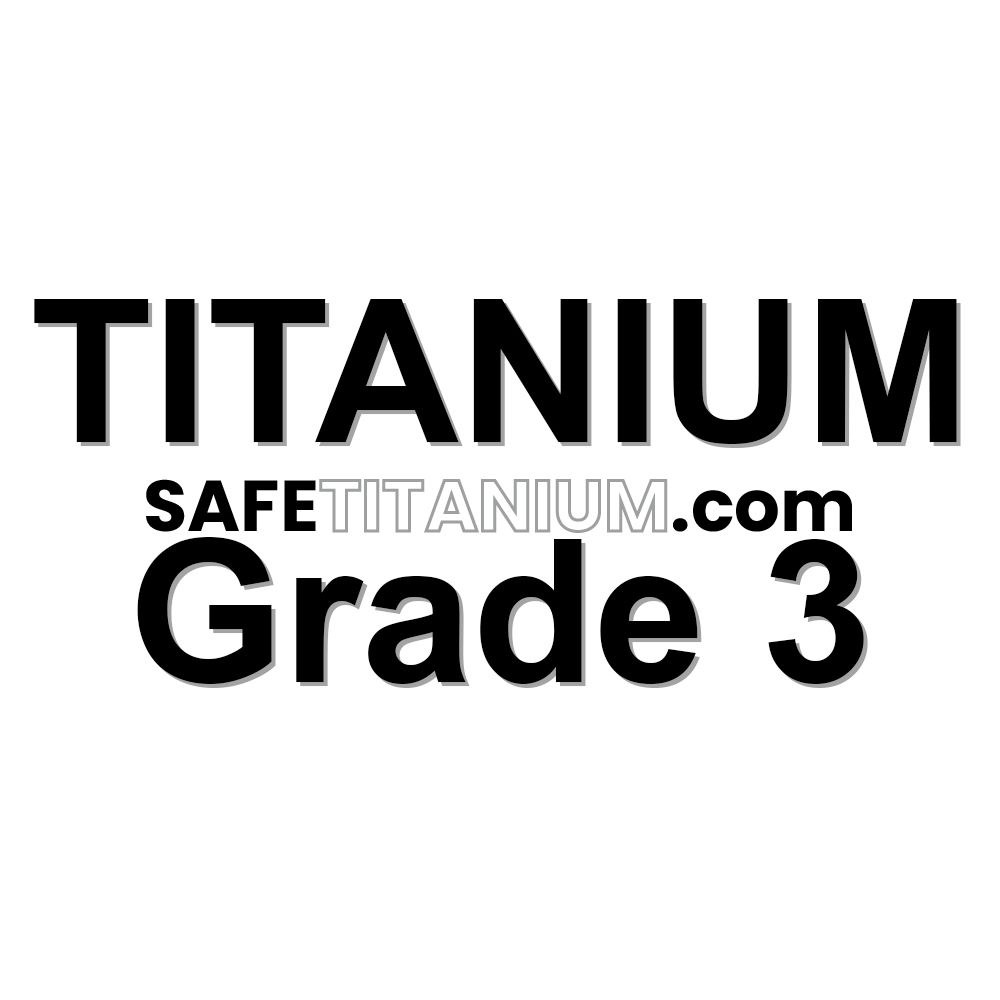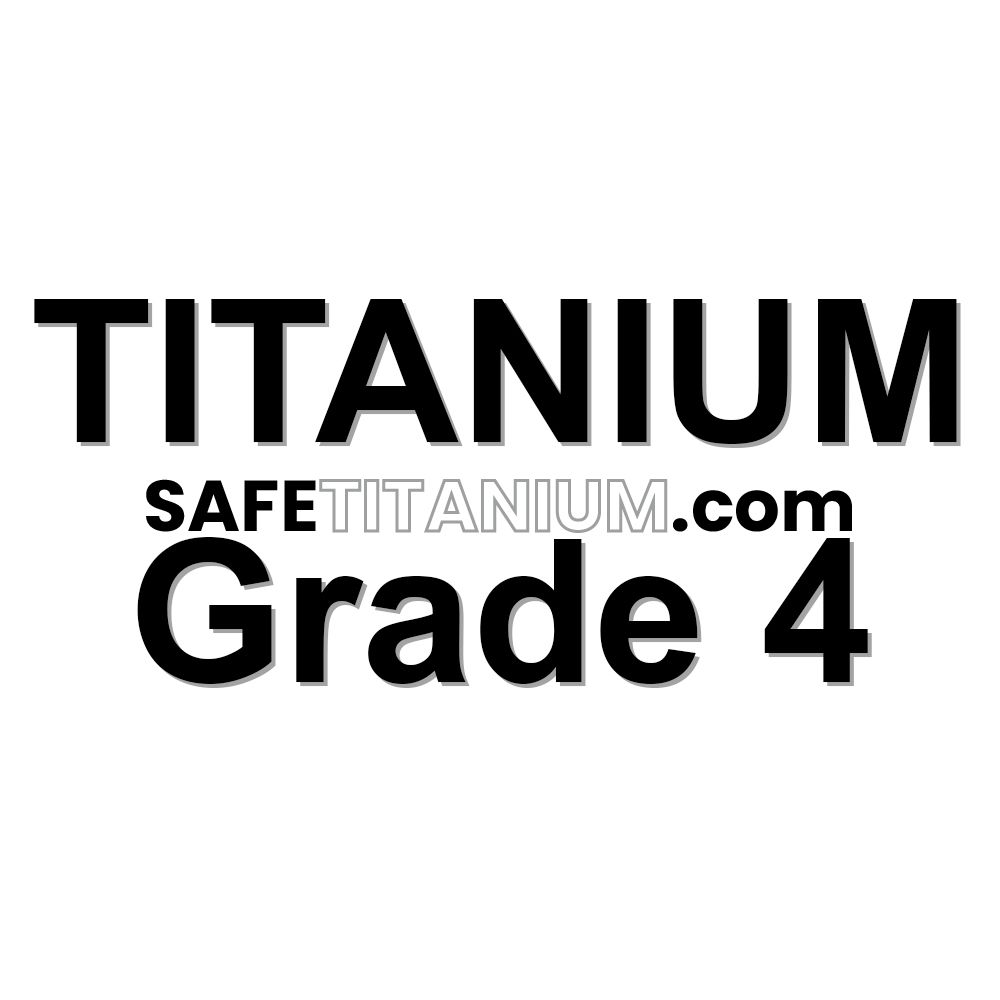Titanium Grade 1
Grade 1 Titanium is a commercially pure titanium alloy, known for its excellent corrosion resistance, high ductility, and good formability. Here are some key characteristics and typical applications of Grade 1 Titanium:
Ⅰ. Key Characteristics
① Purity: Grade 1 Titanium is the purest form of titanium with a minimum of 99.5% titanium content.
② Corrosion Resistance: Exceptional resistance to a wide range of corrosive environments, including seawater and industrial chemicals.
③ Ductility: High ductility makes it easy to form and shape.
④ Strength: Although it has the lowest strength compared to other titanium grades, it still provides adequate strength for many applications.
⑤ Weldability: Excellent weldability, making it suitable for various fabrication processes.
⑥ Biocompatibility: Non-toxic and biocompatible, making it suitable for medical and dental implants.
Ⅱ. Typical Applications
① Chemical Processing: Used in equipment such as heat exchangers, reaction vessels, and piping systems due to its corrosion resistance.
② Marine Applications: Ideal for seawater applications including boat fittings, marine hardware, and desalination plants.
③ Medical and Dental: Used for implants, surgical instruments, and dental fixtures due to its biocompatibility.
④ Aerospace: Employed in aircraft and spacecraft components where corrosion resistance and weight reduction are critical.
⑤ Energy Production: Utilized in the production and storage of energy, particularly in the oil and gas industry.
⑥ Consumer Goods: Found in high-end sporting goods, eyewear, and jewelry.
Ⅲ. Physical and Mechanical Properties
① Density: Approximately 4.51 g/cm³
② Tensile Strength: Around 240 MPa (35 ksi)
③ Yield Strength: Approximately 170 MPa (25 ksi)
④ Elongation: About 24% in 2 inches
⑤ Modulus of Elasticity: 105 GPa (15.2 Msi)
Grade 1 Titanium is favored in applications where corrosion resistance, ease of fabrication, and good ductility are important considerations.
 Titanium Grade 1
Titanium Grade 1
 Titanium Grade 2
Titanium Grade 2
 Titanium Grade 3
Titanium Grade 3
 Titanium Grade 4
Titanium Grade 4




